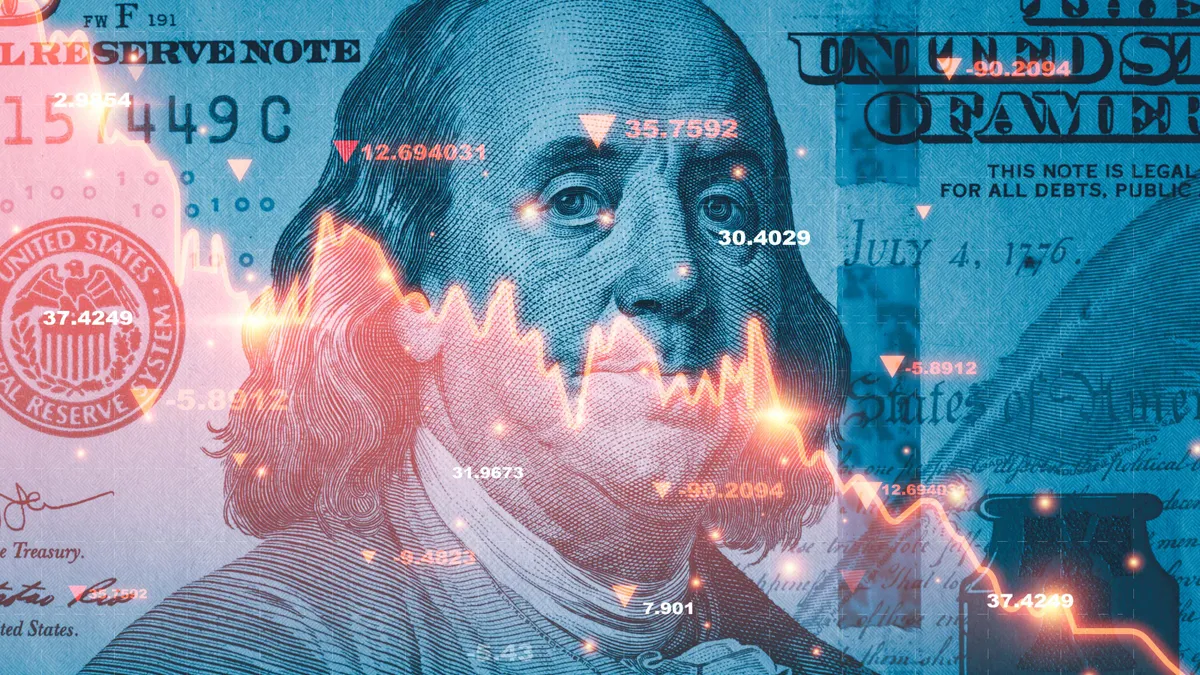Next week, Judge Lewis Kaplan of the U.S. District Court for the Southern District of New York has a decision to make.
Should he send Sam Bankman-Fried, founder of defunct crypto exchange FTX, to prison for five to six years, as suggested by the ex-CEO’s attorneys, or for 40 to 50 years, as suggested by prosecutors?
Bankman-Fried was once a man on high-profile lists. By 29, he’d made Forbes’ Billionaires list and Forbes’ 30 Under 30.
But he was convicted in November on seven counts, including wire fraud and conspiracy to commit wire fraud, in relation to the downfall of his once-high-flying exchange.
His exploits landed him on Forbes’ 2023 Hall of Shame list, alongside his former girlfriend and colleague Caroline Ellison and Charlie Javice, founder of now-defunct student loan fintech and JPMorgan Chase adversary Frank.
Now, he awaits March 28, when he will face Kaplan to receive a sentence with notably broad possibilities.
Ryan Lee O'Neill, a white-collar criminal defense attorney at Riker Danzig, has represented countless defendants in finance trials. She told Banking Dive she expects Bankman-Fried to receive between 20 and 30 years in prison. But Kaplan could sentence him to as little as 10 years, she said.
Much of it comes down, she explained, to loss calculation — how much Bankman-Fried cost his investors and customers — which opposing attorneys have framed in markedly different lights.
In its sentencing document, the prosecution “urges the Court to impose a sentence that underscores the remarkably serious nature of the harm to thousands of victims; prevents the defendant from ever again committing fraud; and sends a powerful signal to others who might be tempted to engage in financial misconduct that the consequences will be severe.”
Bankman-Fried should also pay more than $11 billion, the prosecution wrote, calling the sum “particularly conservative.”
Defense attorneys are, of course, vying for a different outcome, leaning heavily into the status of FTX’s bankruptcy. Those in charge of it now sound optimistic that creditors will be made largely, if not entirely, whole. This is partly due to the strong rebound crypto prices have made since the bankruptcy was filed in November 2022, and, in part, owing to a gamble Bankman-Fried made in 2021: a $500 million investment in artificial intelligence startup Anthropic.
Anthropic, and AI as a whole, has taken off, and the court said last month that FTX’s estate could sell its stake. It’s now worth as much as $1.4 billion.
“The harm to customers, lenders and investors is zero,” Bankman-Fried’s counsel, Marc Mukasey, wrote in his sentencing document.
Mukasey also argues that Bankman-Fried’s potential 100-year sentence doesn’t fit his crimes.
“Sam is a 31-year-old, first-time, non-violent offender, who was joined in the conduct at issue by at least four other culpable individuals, in a matter where victims are poised to recover — were always poised to recover — a hundred cents on the dollar,” the defense wrote.
One hundred years should be reserved for “heinous conduct” such as terrorism, the defense said, adding that the 50 years suggested by the prosecution is only suitable for a “super villain.”
Mukasey, it’s worth noting, has had success in hard-to-win matters before. Last year, he represented Nikola Corp. founder Trevor Milton after he was convicted of lying to investors about his firm’s electric truck technology. Despite facing 11 years in prison, Milton was sentenced to four years.
Mukasey also represented Michael Gramins, a Nomura banker charged with lying to customers about bond prices in 2015. Though convicted, Gramins was sentenced to two years’ probation in 2020.
”He's driving at all the right angles here,” O'Neill said of Mukasey. “But really, it's going to be how persuaded the court is by both his loss theories as being significantly less than what the government provision suggests, and also whether the court is persuaded that Sam is different than the Bernie Madoffs of the world — that Sam didn’t want to take these people's money, he wanted to make money, he wanted the platform to be successful. The court has some discretion where it lands in those factors.”
Another factor Bankman-Fried’s camp — particularly his mother — has highlighted, is that he is on the autism spectrum and that prison will be especially hard for him.
On whether that will be a driving factor in his sentencing, O’Neill estimates that while it “adds color to who Sam is with respect to being a somewhat sympathetic character,” it’s “never going to carry the day.”
“It's the narrative telling his story the best they can, but I don't think a lot of weight’s going to be attached to that, given that everyone pretty much has a hard time in prison,” she said.






















